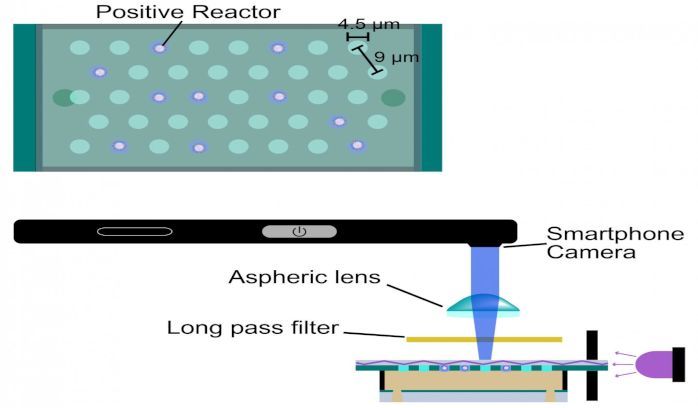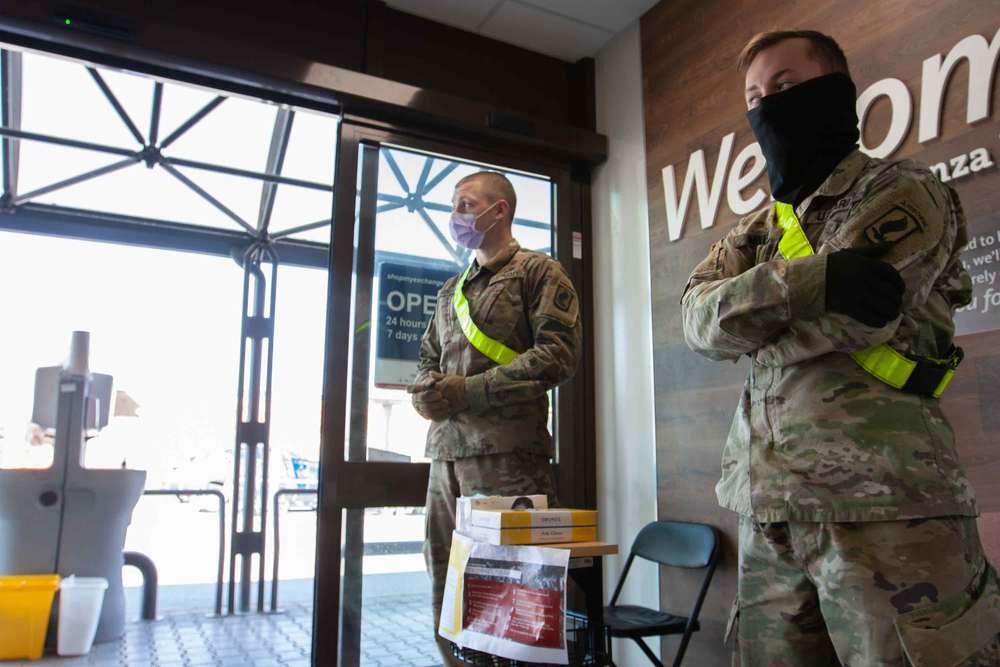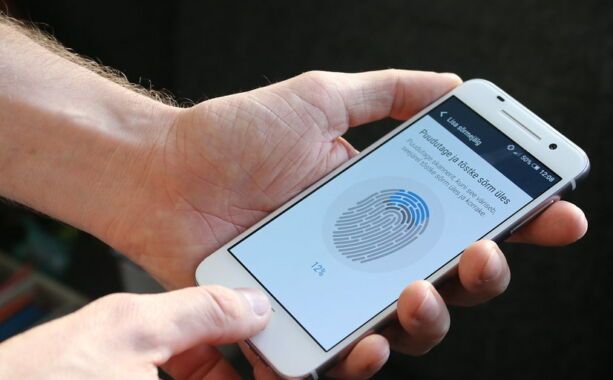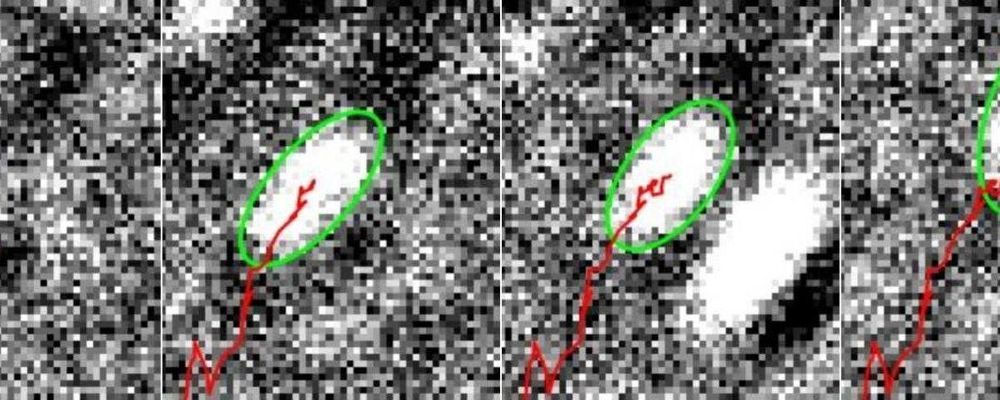A landmark proof in computer science has also solved an important problem called the Connes embedding conjecture. Mathematicians are working to understand it.




Most of us are similar with ‘viruses’ and malware relating to our computers or smartphones, but Yoshihiro Minagawa, a researcher from the University of Tokyo has taken it on literally – he has invented a portable, low-cost, battery-powered device that pairs with a smartphone, which was tested with viruses but could also detect other biological markers. His initial findings, together with other teammates were published recently in the journal, Lab on a Chip.
The current leading method to assess the presence of viruses and other biological markers of disease is effective but large and expensive. It is prohibitively difficult for use in many situations, especially due to certain economic and geographic factors. Although highly accurate at counting viruses, these tools are just too cumbersome for many situations, especially when rapid diagnosis is required.
“I wanted to produce a useful tool for inaccessible or less-affluent communities that can help in the fight against diseases such as influenza,” said Minagawa. “Diagnosis is a critical factor of disease prevention. Our device paves the way for better access to essential diagnostic tools.”

The military branches are requiring troops to make their own cloth face masks after the Pentagon’s latest policy directed face coverings for all personnel during the novel coronavirus outbreak.
The Defense Department announced Sunday that troops, DoD civilian employees, contractors and family members are encouraged to make simple coverings out of clean T-shirts and other household materials. The do-it-yourself face coverings are mandatory whenever people cannot maintain six feet of social distance in public areas or places of work, according to the policy, signed by Defense Secretary Mark Esper.
The DIY masks will help preserve much-needed N95 and surgical masks for health care workers, the policy states.

The U.S. Army’s top enlisted soldier said Tuesday that the service plans to issue some type of non-surgical mask to troops to help control the spread of the novel coronavirus.
During an Army Facebook Live on Tuesday, Sergeant Major of the Army Michael Grinston said that soldiers should follow the face-covering guidance the service issued Monday evening until it can provide masks for them.
“We are going to get you the masks,” he said. “In the near term, we will get you something either black or camouflage to put on.”

Although hackers managed to defeat TouchID with a fake fingerprint less than 48 hours after the technology was rolled out in the iPhone 5S, fingerprint-based authentication over the past few years has become much harder to defeat. Today, fingerprints are widely accepted as a safe alternative over passwords when unlocking devices in many, but not all, contexts.
A study published on Wednesday by Cisco’s Talos security group makes clear that the alternative isn’t suitable for everyone—namely those who may be targeted by nation-sponsored hackers or other skilled, well-financed, and determined attack groups. The researchers spent about $2,000 over several months testing fingerprint authentication offered by Apple, Microsoft, Samsung, Huawei, and three lock makers. The result: on average, fake fingerprints were able to bypass sensors at least once roughly 80 percent of the time.
The percentages are based on 20 attempts for each device with the best fake fingerprint the researchers were able to create. The results may not be fully applicable to Apple products since they limit users to five attempts before asking for the PIN or password. Other products tested permitted significantly more or even an unlimited number of unsuccessful tries.



The movements of cell muscles in the form of tiny filaments of proteins have been visualised at unprecedented detail by University of Warwick scientists.
In a study published in the Biophysical Journal, scientists from the University’s Department of Physics and Warwick Medical School have used a new microscopy technique to analyse the molecular motors inside cells that allow them to move and reshape themselves, potentially providing new insights that could inform the development of new smart materials.
Myosin is a protein that forms the motor filaments that give a cell stability and are involved in remodelling the actin cortex inside the cell. The actin cortex is much like the backbone of the cell and gives it its shape, while the myosin filaments are similar to muscles. By ‘flexing’, they enable the cell to exert forces outside of it and to propagate.

Scientists have developed a precise, nanotechnology-based treatment to alleviate the pain and fertility problems associated with endometriosis, a common gynecological condition in women of childbearing age.
Research led by Oleh Taratula of the Oregon State University College of Pharmacy and Ov Slayden of the Oregon National Primate Research Center at Oregon Health & Science University used photo-responsive nanoparticles loaded with dye to find and remove the lesions associated with the disorder.
Findings were published today in the journal Small.